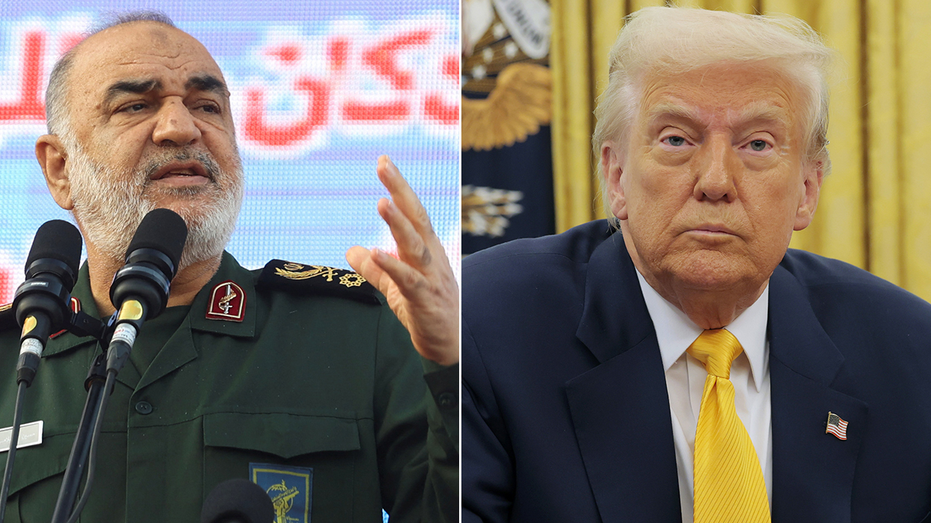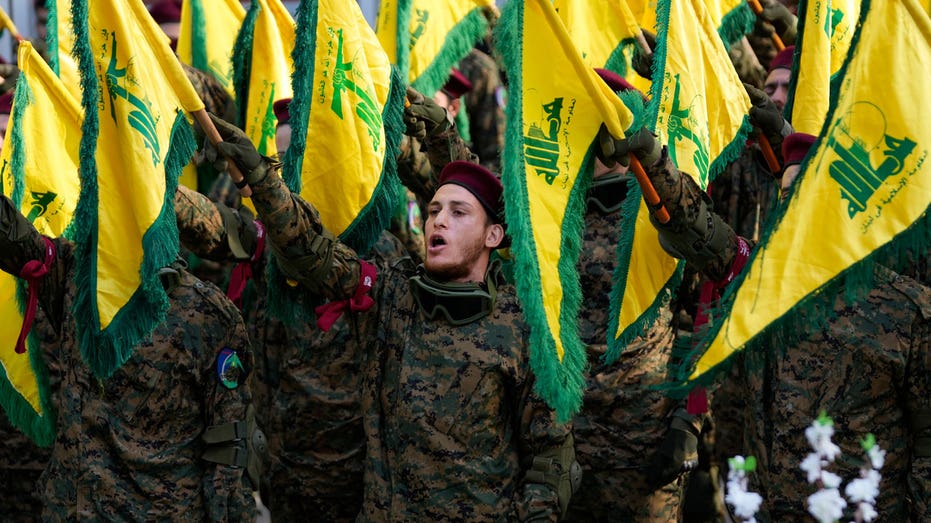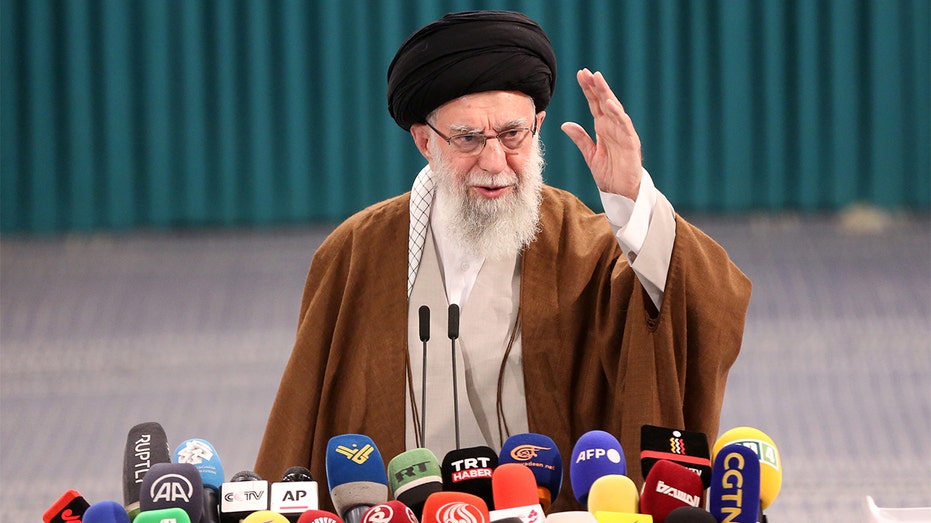Iran's Bold Move to Reinforce 'Battered Deterrence' Amid Trump Threats

Sarah Johnson
March 20, 2025
Brief
Iran ramps up threats and denials after U.S. strikes on Houthi rebels, aiming to restore deterrence while distancing from its proxies amid mounting international and domestic pressure.
Iran is stepping up its rhetoric and actions to reinforce what experts call its 'battered deterrence,' as tensions flare following U.S. military strikes against Houthi rebels in Yemen. Iranian General Hossein Salami issued a stern warning, promising "decisive and destructive" retaliation against any threats, despite denying involvement in recent Houthi attacks on U.S. Navy ships in the Red Sea.
Salami's declaration came after U.S. operations over the weekend targeting the Iran-backed Houthis. Tehran's message seems clear: it wants to project strength in a moment of vulnerability. According to Behnam Ben Taleblu, an expert on Iranian affairs, this posturing is an attempt to separate Iran from its proxies while the regime scrambles to maintain credibility amidst a growing sense of weakness.
Taleblu highlighted an interesting contradiction—Tehran is now downplaying its ties to the Houthis, a group it has long supported with state-level military capabilities. It’s almost like they want to be the puppeteer without anyone noticing the strings.
Former President Donald Trump, however, isn't buying the denials. He declared on Truth Social that "every shot fired by the Houthis will be looked upon as a shot fired by Iran," warning that the consequences would be "dire." His message was blunt: Iran is orchestrating the Houthi attacks, supplying them with advanced weaponry and intelligence, and any retaliation will come with significant force.
Trump’s fiery rhetoric aligns with U.S. Central Command's recent precision strikes against Houthi targets. The military action aims to defend American interests, restore freedom of navigation in critical waterways, and send a clear message to Tehran. Trump even pointed out the alarming fact that no U.S.-flagged commercial ship has safely navigated the Suez Canal, Red Sea, or Gulf of Aden in over a year—a stark reminder of the escalating threat.
It’s hard not to wonder how Iran plans to navigate this tightrope act. On one hand, it wants to project power and retaliate; on the other, it’s working overtime to distance itself from the Houthis, the very proxies it has nurtured for years. With Trump ramping up military strikes and issuing bold warnings, Tehran’s strategy looks less like calculated chess moves and more like a frantic attempt to keep the board from flipping over entirely.
Topics
Editor's Comments
Iran’s mixed messages here are fascinating. Denying ties to the Houthis while years of evidence say otherwise is like trying to hide an elephant under a table—it’s not fooling anyone. Also, Trump’s warning about holding Iran accountable for Houthi attacks has a certain dramatic flair, but it’s not exactly empty theater. Tehran may have to rethink its playbook before the stakes rise even higher.
Like this article? Share it with your friends!
If you find this article interesting, feel free to share it with your friends!
Thank you for your support! Sharing is the greatest encouragement for us.



